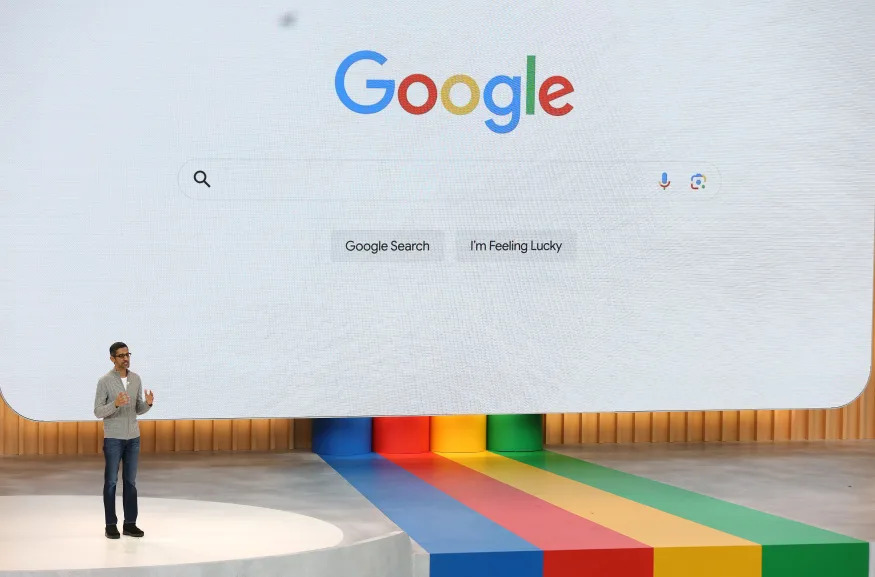A federal judge has curtailed the range of antitrust allegations directed at Google. Judge Amit Mehta determined that the Department of Justice (DOJ) and several states failed to demonstrate how Google’s preference for its own products in search results, over competitors, poses an “anticompetitive effect.” Antitrust claims related to Android’s compatibility rules, Google Assistant, Internet of Things devices, and the Android Open Source Project were also dismissed by the judge.
However, the DOJ can proceed with certain aspects of its case. Specifically, the government argues that Google’s mandates for Android device makers, such as pre-installing Google apps and designating Google as the default search engine, are anticompetitive. Such practices, it is argued, hinder competitors like Bing and DuckDuckGo from gaining traction.
Google’s President of Global Affairs, Kent Walker, expressed gratitude for the judge’s “careful consideration” in dismissing the search-related issues. Walker emphasized that users opt for Google due to its utility, and assured that Google would establish in court that its other operations are both competitive and compliant with regulations. The DOJ’s response to the latest development remains anticipated.
The initial lawsuit, brought forth by the DOJ and its state partners in 2020, did not recommend specific remedies but raised the possibility of imposing fines, setting operational limitations, or enforcing the separation of divisions into distinct entities. While Google defended its position citing partnerships and competition from platforms like Twitter (now known as X) and Expedia, it still faces multiple antitrust lawsuits, including one from 2020 alleging anticompetitive ad pricing. The reduced scope of the current lawsuit could, however, challenge the strength of the case and influence potential penalties.




